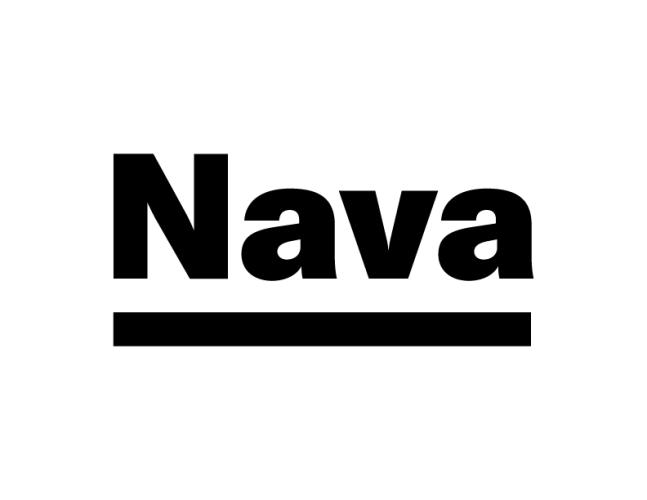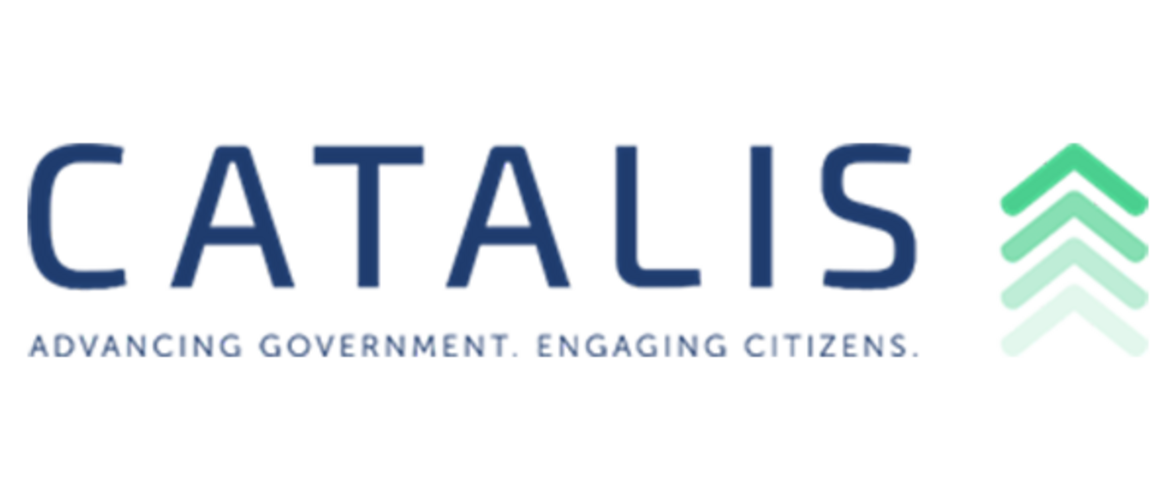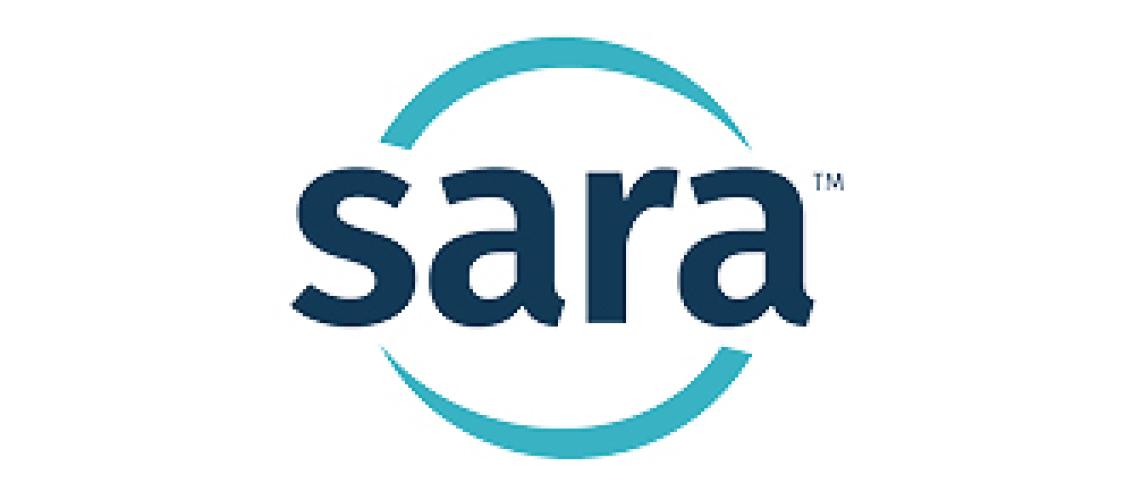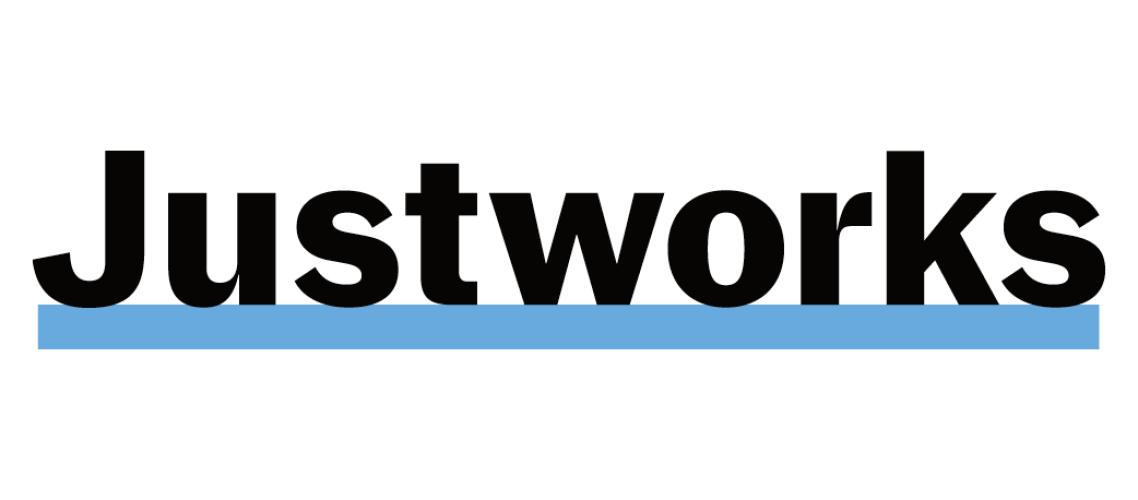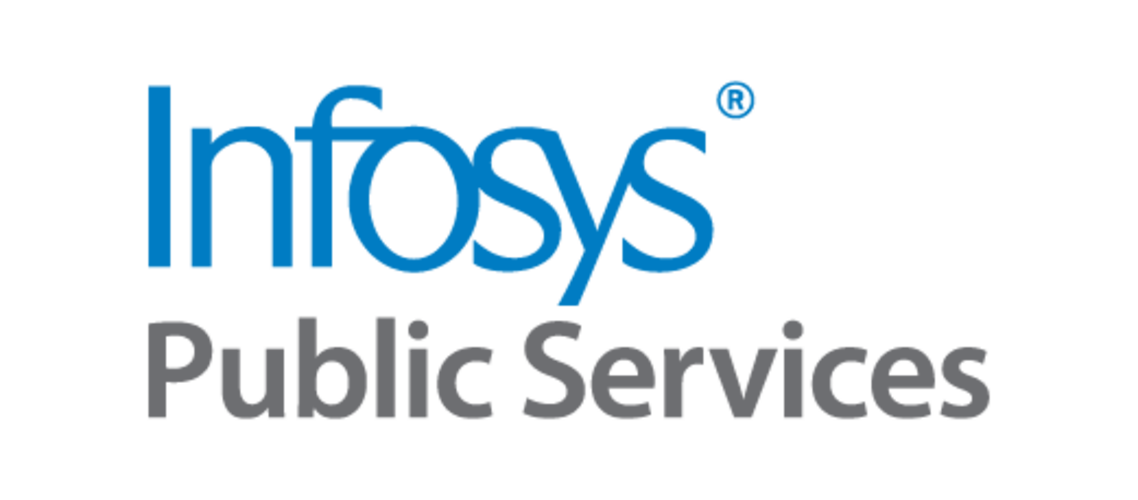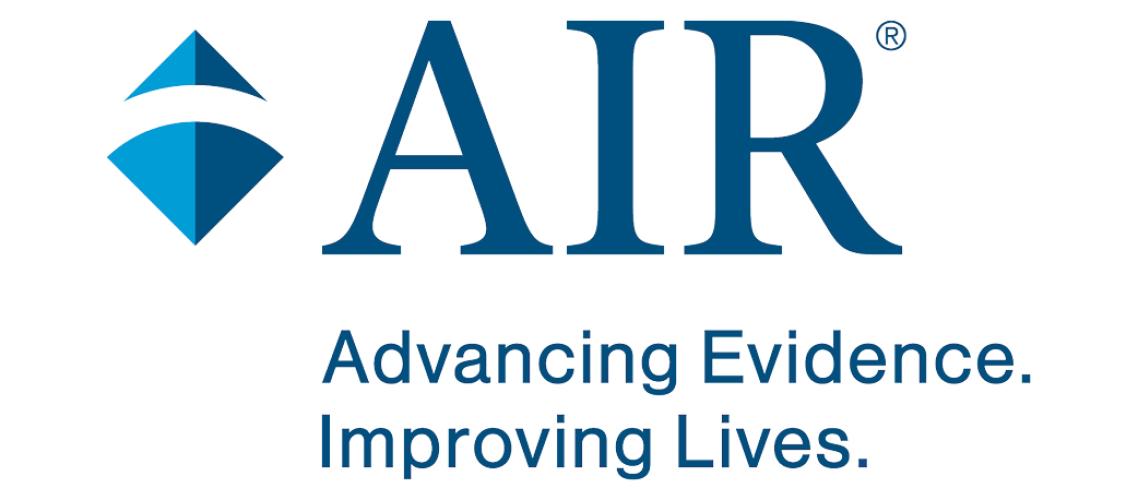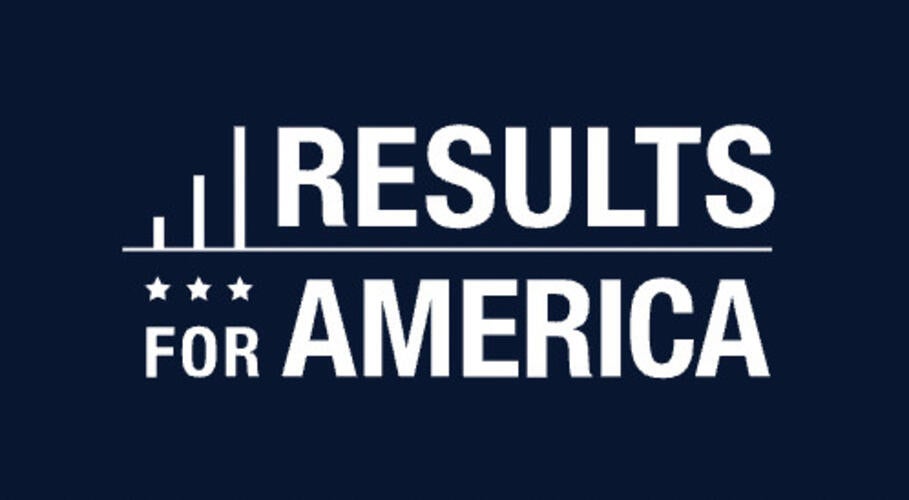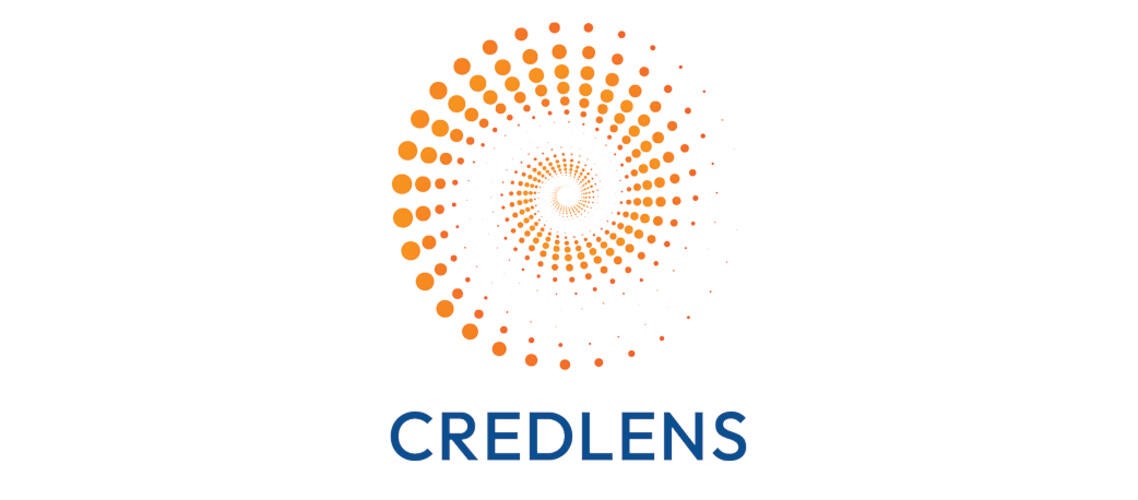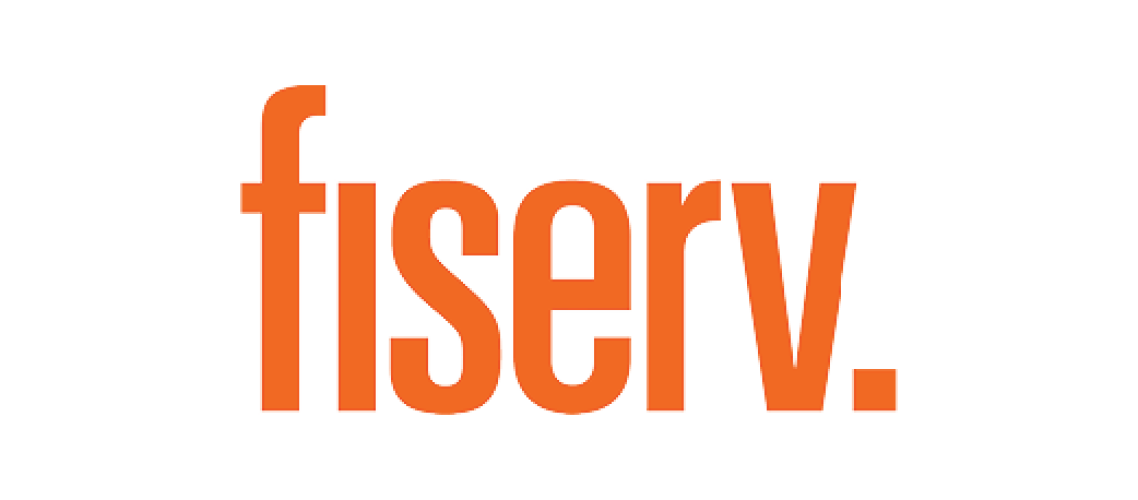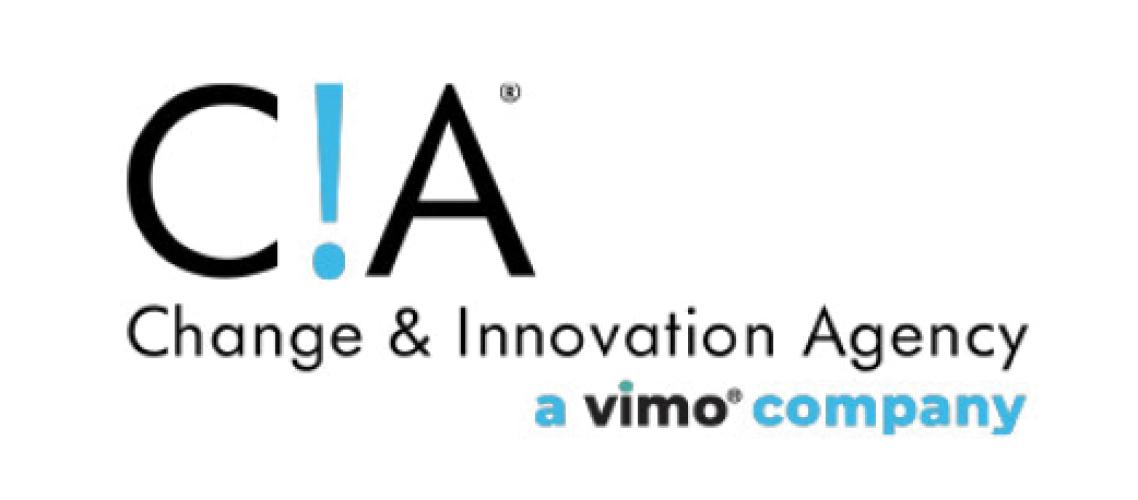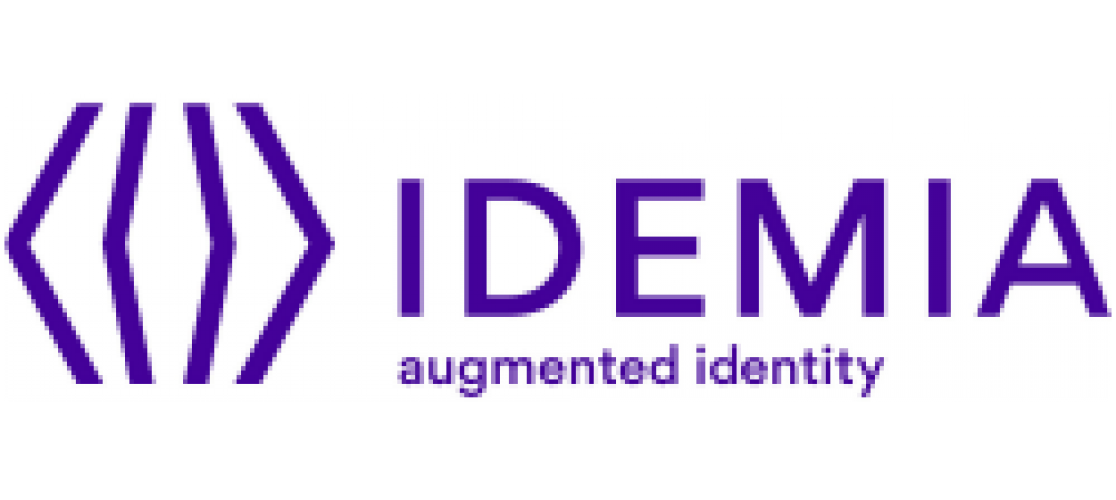Summary of Workforce and Unemployment Insurance Provisions of the Health and Economic Recovery Omnibus Emergency Solutions (HEROES) Act
On May 15th the House of Representatives passed the Health and Economic Recovery Omnibus Emergency Solutions (HEROES) Act. The HEROES Act proposes additional funding for workforce programs and extends the timeframe and makes adjustments to the new unemployment insurance programs under the Coronavirus Aid, Relief, and Economic Security Act (CARES). The Act also includes many other provisions of interest to the workforce development system, such as provisions related to broadband access, childcare, SNAP, social services, TANF, reintegration of prisoners, housing, small businesses and others.
Workforce
The Act would provide roughly $2 billion in supplemental funding through the following existing workforce funding streams.
$485 million for WIOA Title I grants for Adult employment and training activities;
$518 million for WIOA Title I grants for Youth activities;
$597 million for WIOA Title I grants for Dislocated Worker employment and training activities;
$400 million for the Dislocated Workers Assistance National Reserve
$25 million for Migrant and Seasonal Farmworker Programs
The HEROES Act would establish a new COVID–19 National Testing and Contact Tracing Initiative. One aspect of this Initiative would provide states and other eligible entities an opportunity to apply for national dislocated worker grants, totaling $500 million, to assist local boards in both training contract tracers and providing transitional educational, training, and employment opportunities once positions are completed. The legislation would require the Secretary of Labor to award grants within ten days of the receipt of an application.
Unemployment Insurance
The Act includes the following extensions and deadlines to the CARES Act’s unemployment insurance programs:
Extends Federal Pandemic Unemployment Compensation (FPUC), Pandemic Unemployment Assistance (PUA), Pandemic Emergency Unemployment Compensation (PEUC), and Short Term Compensation (STC) programs through January 21, 2021.
Establishes the end date to receive benefits for the FPUC, PUA, and PEUC programs as March 31, 2021.
Adds transitional rule for the FPUC supplement to be payable until March 31, 2021 to regular UI recipients with benefits starting on or before January 31, 2021.
Extends federal reimbursement to states for first full week of benefits through January 31, 2021.
Adds grace period to ensure that any states that enacts a short term compensation law will receive full federal financing for all agreements in place after March 29, including agreements that began before a new state STC law became effective.
Extends the federal reimbursement to cover extended benefits paid through June 30, 2021.
Extends temporary assistance provided to states through interest free loans to June 30, 2021.
Additional changes to the unemployment program provisions include:
A requirement to disregard FPUC payments as income when determining eligibility for all federally funded benefit programs.
Clarification on state flexibility to use the most readily available sources of income verification for PUA applicants, including the use of mobile app data.
Technical corrections to ensure that states can waive the 50% of the amount of unemployment insurance owed by reimbursuer governmental entities and nonprofit organizations that is temporarily covered by federal funding under the CARES Act.



